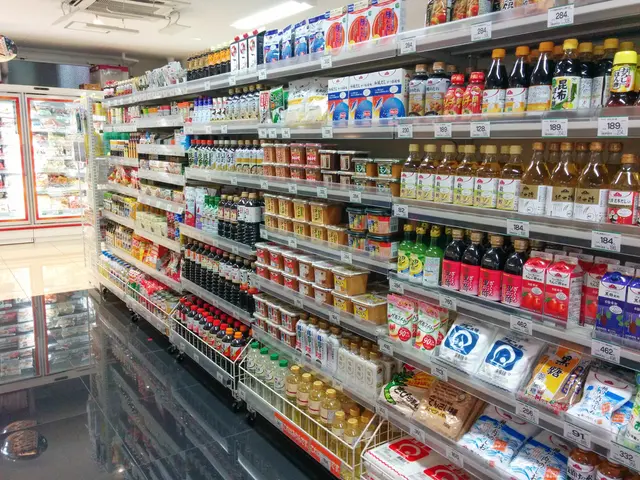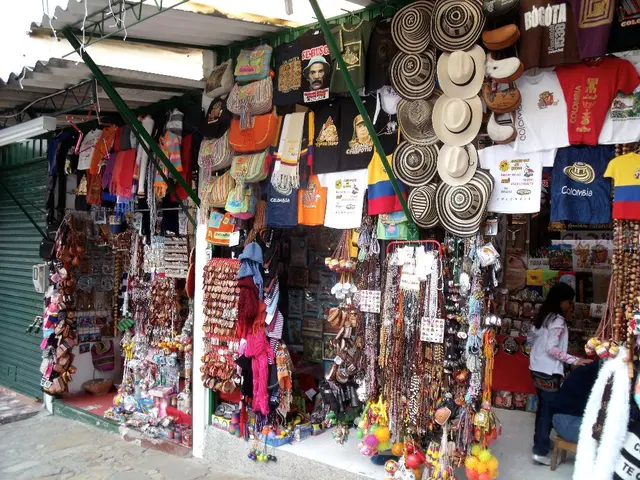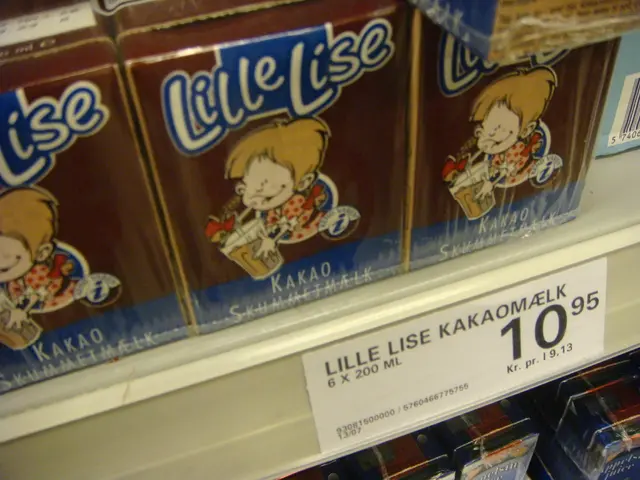Severe Economic Impact: Oil Sanctions Hitting Venezuela Hard
New and improved write-up:
For more than a century, oil has been a major player in Venezuela's game. It's no shocker that the U.S., with its constant meddling in foreign affairs, decided to put a chokehold on this vital sector using punishing sanctions.
Let's dive deep into the gritty truth about these sanctions and their impact on Venezuela's oil industry. Check out our latest video for an eye-opening exploration.
The U.S. sanctions have created chaos in Venezuela's oil production, exports, and global markets. Here's a lowdown:
Production Chaos and Operational Issues:- Chevron's unceremonious exit: The transformation of General License 41 into GL 41A/B necessitates a phased withdrawal of Chevron's operations by May 27, 2025. Chevron's joint ventures contribute around 25% of Venezuela's oil production and a larger share of export earnings, potentially leading to another collapse similar to the one seen after the 2019 sanctions[1][5].- Foreign investors fleeing: Repsol, Eni, and others face deadlines to cease dealing with PDVSA, restricting Venezuela's access to technical expertise and investment[3][5].
Export Troubles and Market Instability:- Tariff-induced export plunge: The 25% secondary tariffs imposed by the White House on countries purchasing Venezuelan oil caused an 11.5% month-on-month export decrease in March 2025, with Merey crude prices plunging 5.9%[2][5].- Bypassing sanctions at a cost: PDVSA now relies on middlemen, offers substantial discounts, and conceals shipment origins to bypass sanctions, depleting profit margins[2].
Geopolitical and Financial Fallout:- China's balancing act: Despite increased shipments from Venezuela (its biggest customer), refiners are still feeling the pressure from U.S. tariffs. Existing U.S.-China tariffs could jump to 45% if Venezuelan oil purchases continue, destabilizing global trade[2][5].- WTO intervention: Venezuela plans to appeal the tariffs at the WTO, arguing that these secondary sanctions are unprecedented[2][4].
Humanitarian and Political Implications:A Center for Global Development study suggests that increased oil revenue under Maduro fuels increased repression and migration surges. The sanctions aim to counter this by cutting funding to the regime[3][5].
- Despite Venezuela's reliance on oil-and-gas for over a century, the U.S.'s coercive measures, like sanctions, have consistently disrupted its industry, creating a neverending cycle of chaos.
- The phased withdrawal of Chevron's operations, due to policy-and-legislation changes, could potentially lead to another collapse in Venezuela's oil production, similar to the one seen after the 2019 sanctions.
- Repsol, Eni, and other foreign investors, facing restrictions, are exiting their ventures with PDVSA, leaving Venezuela without the necessary investment and technical expertise.
- The 25% tariffs imposed by the U.S. on countries purchasing Venezuelan oil have caused an 11.5% month-on-month export decrease, and a 5.9% drop in Merey crude prices in March 2025.
- To bypass sanctions, PDVSA has resorted to using middlemen, offering substantial discounts, and concealing shipment origins, which has depleted profit margins.
- The sanctions' humanitarian and political implications are far-reaching, as increased oil revenue under Maduro has been linked to increased repression and migration surges. The sanctions aim to counter this by cutting funding to the regime, which is a significant aspect of general-news and politics.








